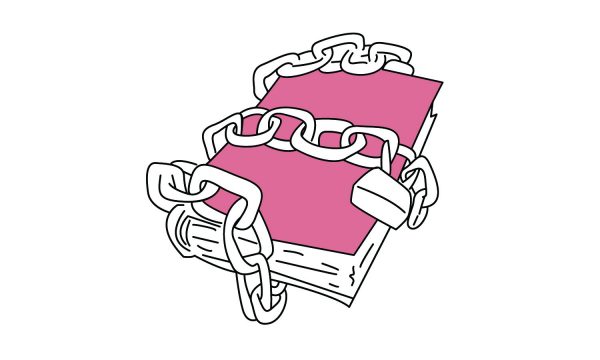What is a migraine?
A migraine is not just a bad headache. There are many incapacitating collection of neurological symptoms. Most who suffer from migraines experience throbbing pain on one side of their head. Smells, sounds and light can also become unbearable. Visual disturbances, tingling and/or numbness in the face, arms and hands are also very common.
My Experiences
Personally, I have been dealing with migraines for as long as I can remember. It started with stomach migraines when I was a young child, then in middle school it transitioned to chronic migraines of the head. I had visual disturbances to the point where I would have fading vision and sometimes lose my eyesight when an attack was coming. I lose feeling in the right side of my face, arm and hand. I become extremely nauseated, sometimes dehydrated from not being able to keep any solids, or even liquids, down.
Medications
There is not one universal medication that helps everyone. Many tests have to be done and it is usually a trial and error until the patient finds a medication that can alleviate the pain. I have tried a needless shot that pumped sumatriptan into my blood, it seemed to only make things worse in my case. I found I have a sensitivity to triptans: the medicine that usually help others. I am currently trying botox to limit the amount of migraines I have in a week. At the beginning it seemed to work, however, now it is as if my body has just gotten use to it and the migraines bypass the medicine entirely.
You are not alone
If you suffer with migraines of any degree, you know that the pain is real and unbearable. Sometimes, it seems as if no one can understand your pain or even believe the pain is only that of a headache–which is furthest from the truth. I’ve had a headache, the pain from a headache is a solid 1 compared to a migraine, which is off the charts in pain, for me. There are Facebook groups to support those who suffer from migraines. You just have to do some research to see which group works best for you.
Voice your concerns and thoughts
If whatever medications you are taking are not working, talk with your doctor or visit a neurologist for the best answers. Sometimes people have triggers that can start a migraine. After figuring out your triggers, you can learn strategies to avoid them and could reduce the number of migraines you get. Don’t be scared to tell your doctor that your current medication is not working. Your doctor should listen and respond accordingly. And if they don’t, find a doctor who will listen to what you want and help you find a best-fit solution.







Be First to Comment